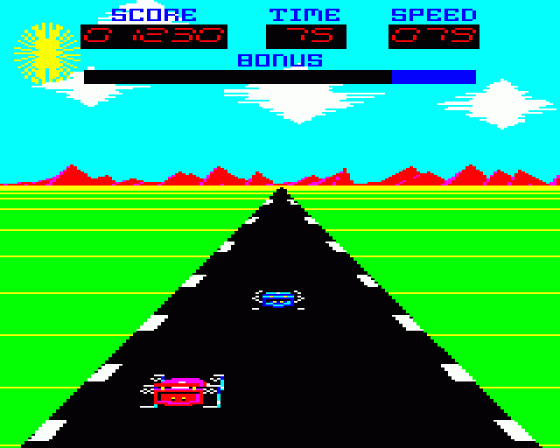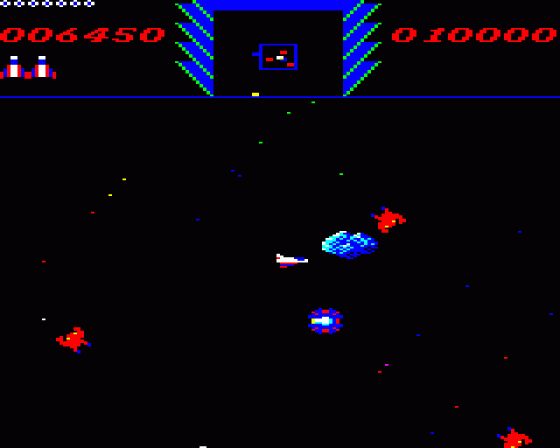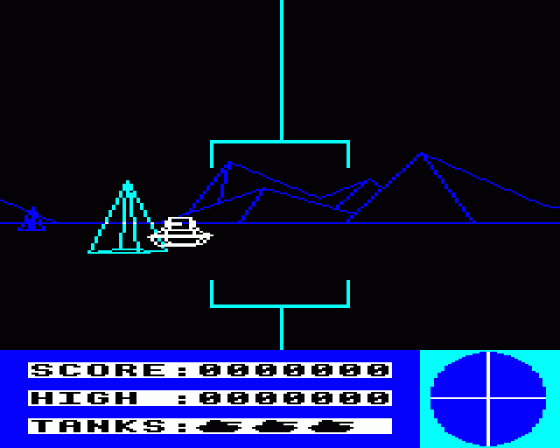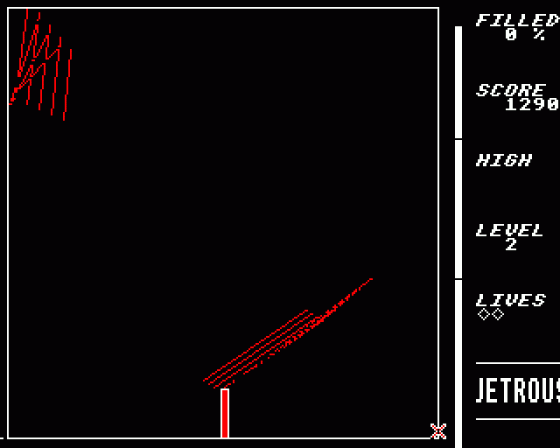Other Reviews Of The Superior Collection Volume 2 For The BBC B/B+/Master 128
The Superior Collection Volume 2
A review by Nev Astly (The Micro User)
Hac Man's Christmas Recommendations
A review by Hac Man (The Micro User)
The Superior Collection Volume 2 (Superior)
A review
Superior Collection (Superior)
A review
The Superior Collection Volume 2 (Superior)
A review by Russell Wills (Too Big Issue)


 1st June 1987
1st June 1987


















